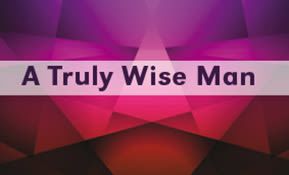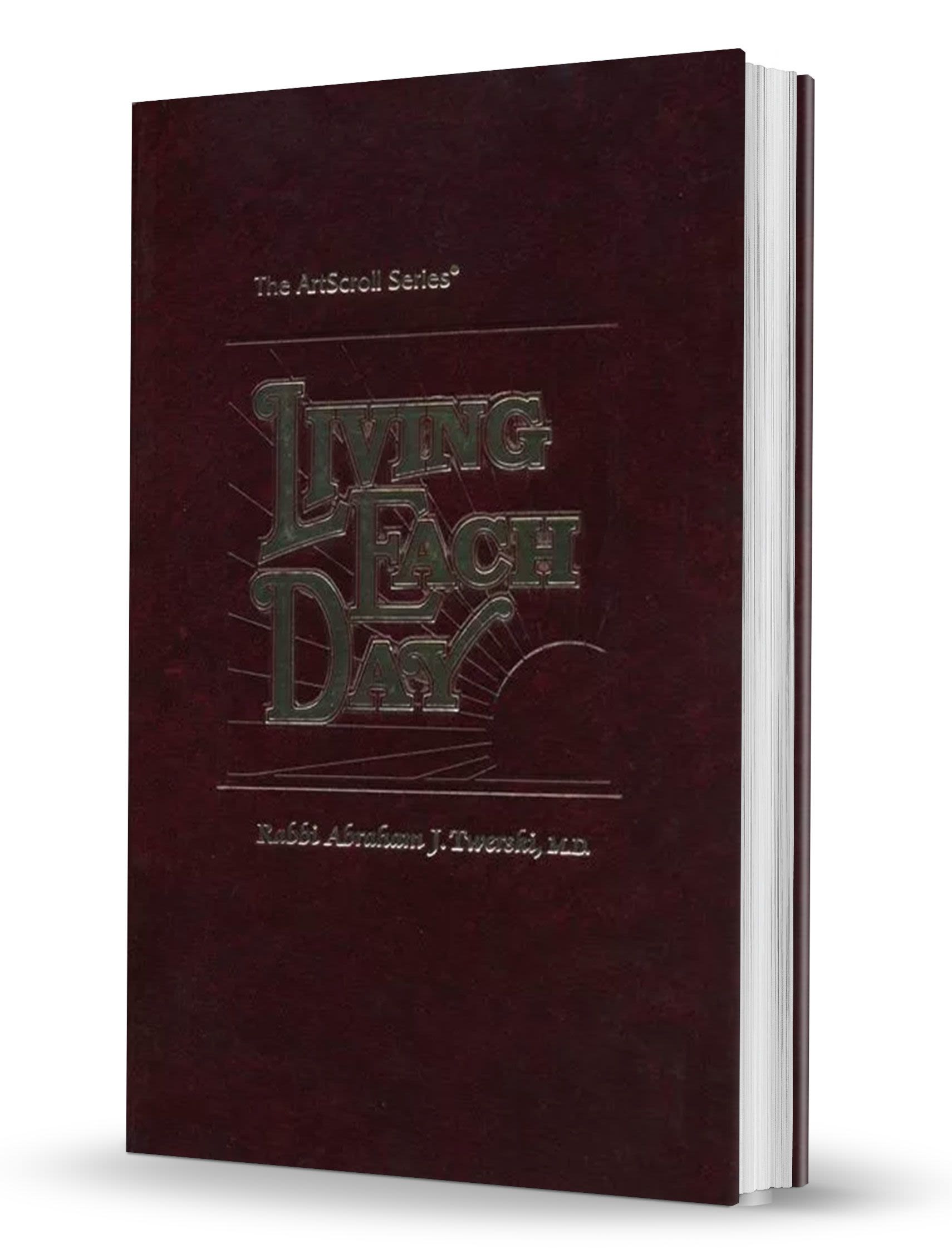
Stop Comparing!
Those who have the emotional need to compare themselves to others or to find favor in the eyes of others are always fishing for compliments or hungering for approval...

Translated by Rabbi Lazer Brody
Our sages teach us that a person doesn't speak in a derogatory manner about someone else until he becomes a heretic, Heaven forbid. How can that be? In light of everything we learned in this chapter, we readily understand that when a person speaks unfavorably about someone else, he refuses to acknowledge the Divine providence that directs the other person's life. For this reason, the simple one – who is a man of complete emuna – carefully avoids talking about any other human, especially in an other-than-complimentary way.
A person who is busy attending his own affairs has neither time nor desire for gossip and needless conversation. Uninvited intervention in another person's affairs therefore has no part in his life.
On a spiritual plane, comparing oneself to others is tantamount to idolatry. Jealousy of others is false worship. Talking about others is consequently tantamount to heresy. Anyone making his own calculations in life should  never compare himself to others. Their calculations are entirely different…
never compare himself to others. Their calculations are entirely different…
If a person were the only human on earth, he'd have no one to be jealous of or compare himself to. He wouldn't have the bitter feeling that someone has more than he does. Clearly, one's lack of contentment stems from comparing himself to others. But, with emuna, a person happily knows that Hashem gives him exactly what he needs when he needs it.
Many people feel a sense of happiness only when they perceive some advantage over other people. That's why so many people try to feel good by tearing down others. False happiness depends on such a perceived advantage while true happiness comes from within and depends on no other person or condition. The false happiness of feeling superior to anyone else is none other than arrogance. The arrogant are heretics in that they fail to acknowledge Divine providence; they are therefore light-years away from Hashem.
A person can therefore be genuinely contented only after he strengthens his emuna, especially his emuna in Divine providence, while avoiding comparing himself to or talking about any other person on earth.
Those who have the emotional need to compare themselves to others or to find favor in the eyes of others are always fishing for compliments or hungering for approval. Such emotional dependance on others is tantamount to being a beggar. Emotional dependence leads to an entire series of deviation from the truth, such as boasting, lying, and flattery. A person with emuna is therefore emotionally self-sufficient, able to cling to the truth despite other people's attempts to weaken him.
Rebbe Nachman explains (Likutei Moharan I:173) that the soul and emuna are one aspect. Many emotional ills and suffering come from people comparing themselves to others. They're elated when they feel superior to someone else, yet are devastated when someone else seems to be more successful than they are. Even such syndromes as a persecution complex stem from a person's false perception that others are obsessed with him. Those who don't look at others don't feel like others are looking at them.
A person with emuna knows that he is doing the very best at the moment with the tools that Hashem has given him, so he's happy. He wouldn't be happy the moment he would begin comparing himself with others.
Comparisons, extreme emotional swings and heresy go together. On the other hand, emuna, minding our own business and joy with are lot in life go together. With emuna in Divine providence, there's never a need to compare ourselves with any person on earth.












Tell us what you think!
Thank you for your comment!
It will be published after approval by the Editor.